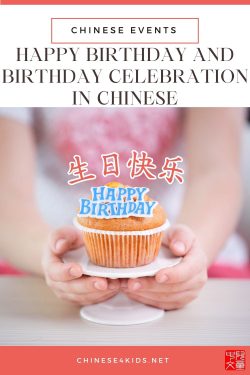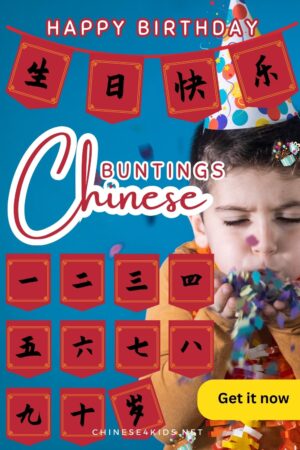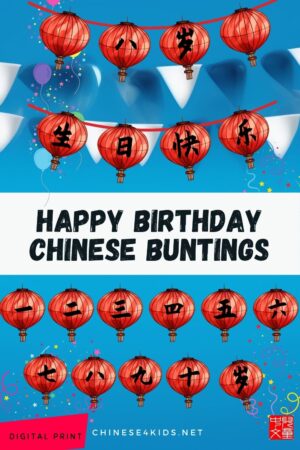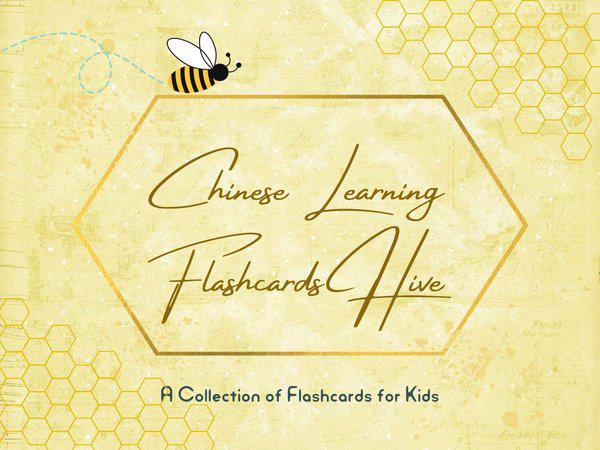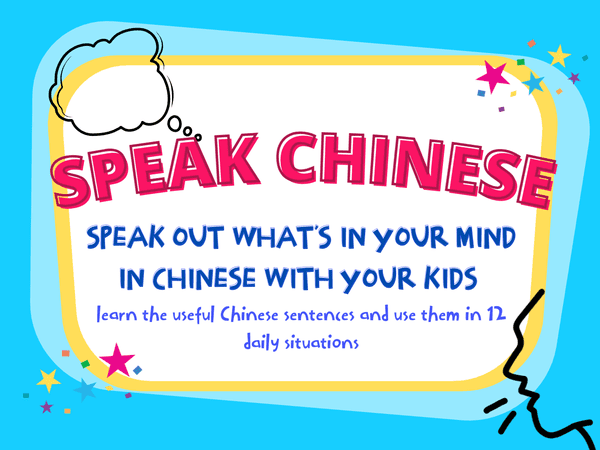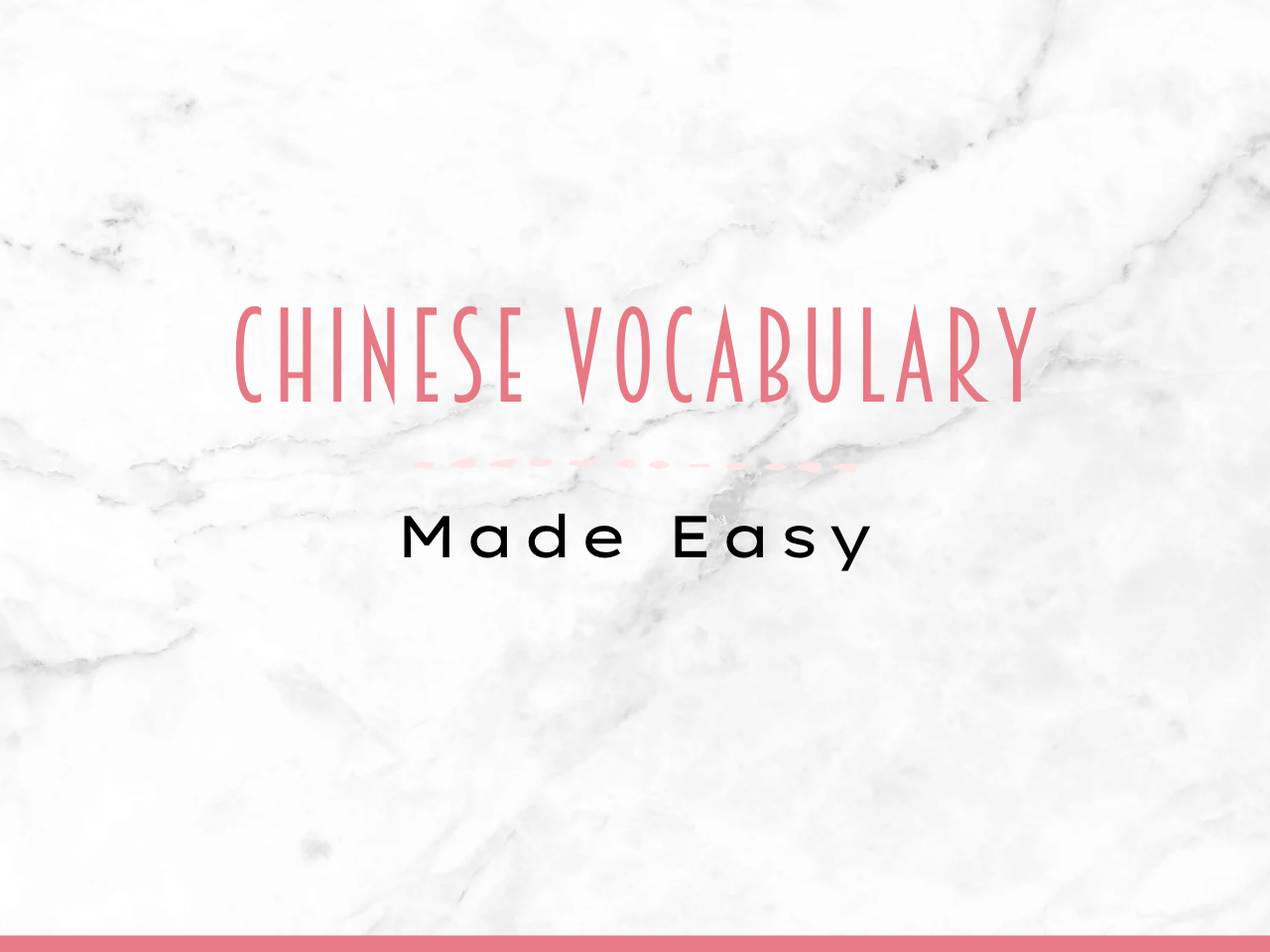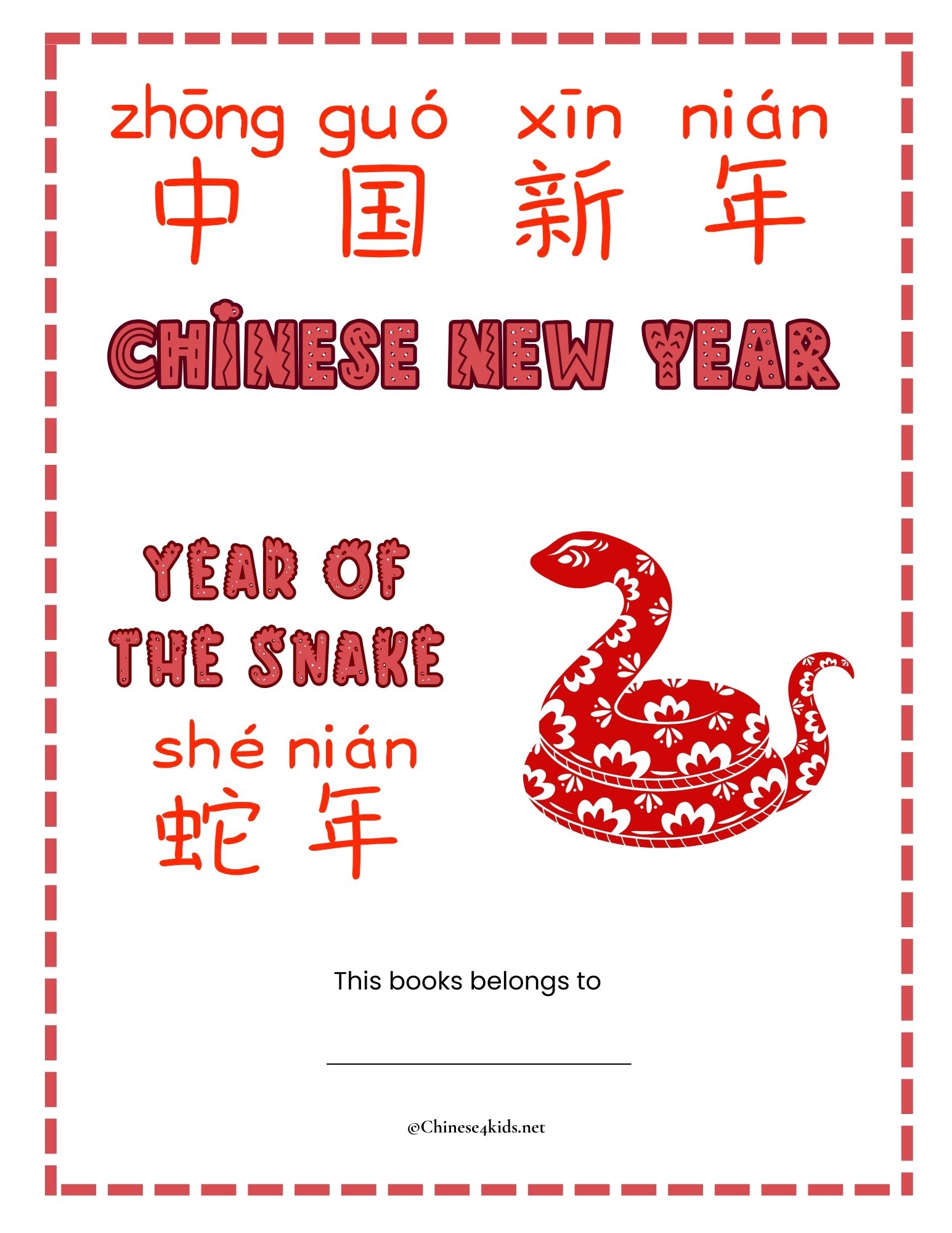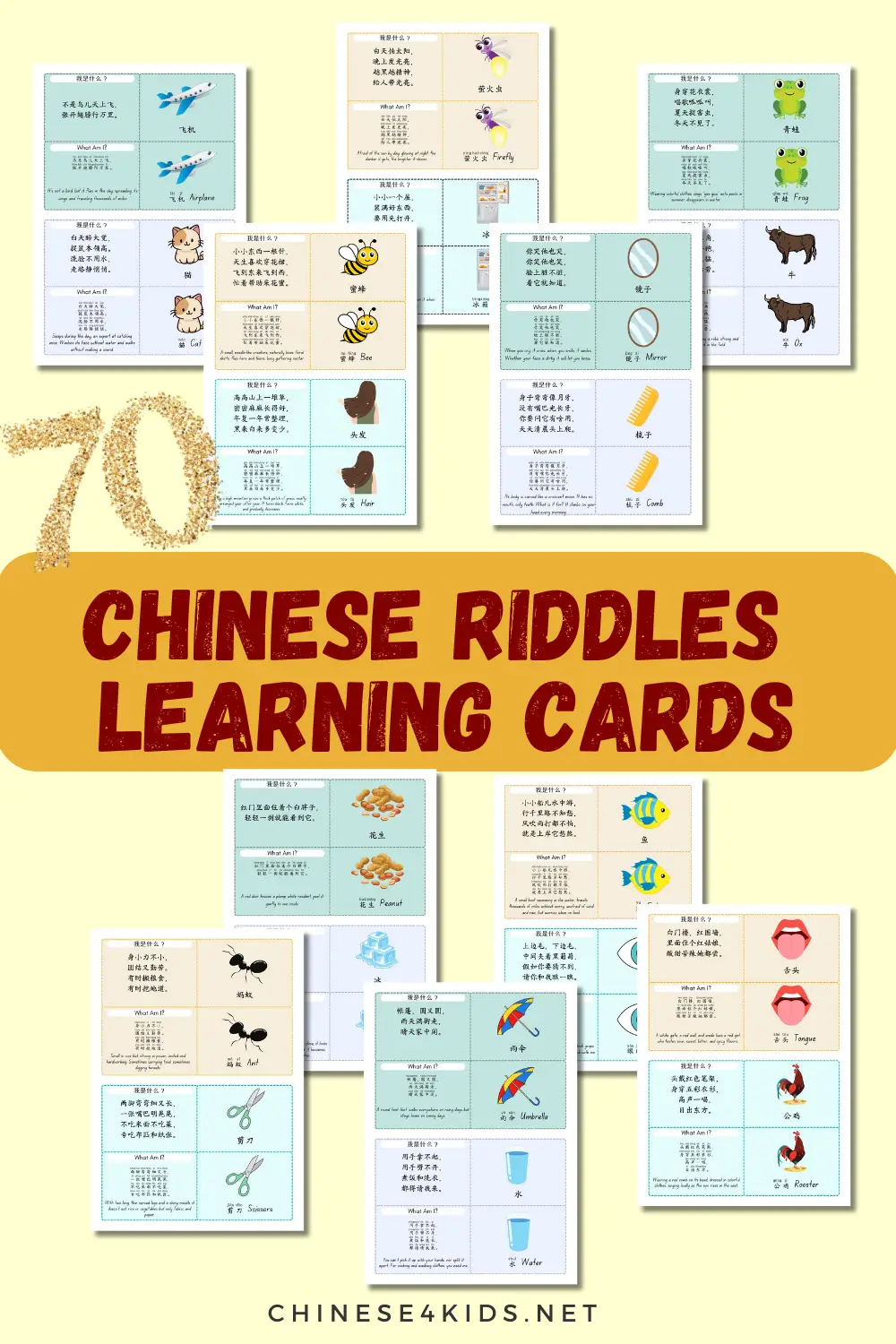
Home » China and Chinese Culture » How to Wish “Happy Birthday” in Chinese: A Guide to Birthday Celebrations in China
How to Wish “Happy Birthday” in Chinese: A Guide to Birthday Celebrations in China
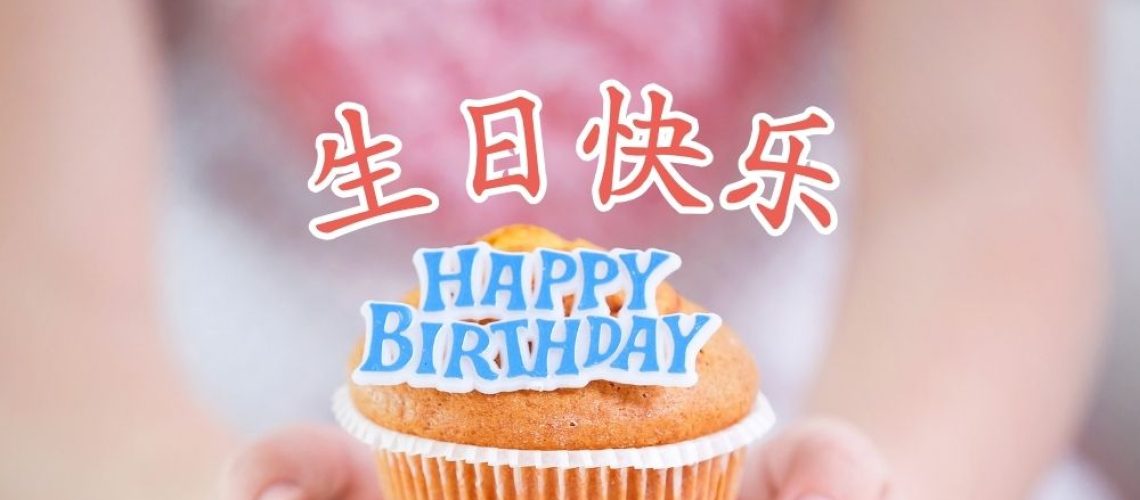
Have you ever wondered how to wish someone a happy birthday in Chinese? Maybe you have a Chinese friend whose birthday is coming up, or you’re just curious about different cultural traditions. Either way, you’ve come to the right place! In this Birthday Wishes in Chinese and Celebration Guide in China, we’ll dive into how to wish someone a happy birthday in Chinese, break down some specific birthday phrases you can use, depending on the age of the person you’re celebrating. What’s more, we will explore common birthday customs in China.
Birthday Traditions in China: A Quick Look
Before we jump into the language itself, let’s take a peek at how birthdays are typically celebrated in Chinese culture. While modern birthday customs in China have adopted many Western elements, such as cakes, candles, and parties, there are still some unique traditions that make birthdays special in China.
– 长寿面 (chángshòu) Longevity Noodles
Instead of cake (or maybe alongside it), many people eat long noodles on their birthday. These noodles symbolize a long life. The longer the noodles, the better!
– 红包 (hóngbāo) Red Envelopes
It’s common to give red envelopes filled with money as a birthday gift, especially to younger children or seniors. Red is considered a lucky color in Chinese culture, so it’s a way of wishing prosperity and good fortune.
– 里程碑生日(lǐchéngbēi)Milestone Birthdays
While every birthday is important, certain ages hold special significance in China. For example, turning 60 (六十岁 liùshí suì) is a big deal, as it marks a full cycle of the Chinese zodiac. The first birthday (周岁 zhōu suì) and the 100th day after a baby’s birth are also celebrated with big family gatherings.
Now that you’ve got an idea of how birthdays are celebrated in China, let’s get into the phrases and expressions you’ll need to wish someone a happy birthday in Chinese!
How to Say “Happy Birthday” in Chinese
The most basic way to wish someone a happy birthday in Chinese is:
祝你生日快乐! (zhù nǐ shēngrì kuàilè)
“Happy Birthday to you!”
Let’s break this down:
祝你 (zhù nǐ) – “I wish you”
生日 (shēngrì) – “birthday”
快乐 (kuàilè) – “happy”
Super simple, right? This is the go-to phrase that will work in almost any situation, whether you’re talking to a friend, family member, or colleague.
Adding a Personal Touch: Age-Specific Birthday Wishes
Want to get a little more specific with your birthday wishes? In Chinese, it’s common to include the person’s age when wishing them a happy birthday, especially for children or milestone birthdays.
It is quite easy to express age in Chinese. It is simply the Chinese numbers plus 岁(suì) – age.
For example, if you want to wish someone a happy 10th birthday, you can say:
祝你十岁生日快乐! (zhù nǐ shí suì shēngrì kuàilè)
“Happy 10th birthday to you!”
Here’s how it works:
十岁 (shí suì) – “10 years old”
You can easily swap out the number to match the person’s age:
祝你二十岁生日快乐! (zhù nǐ èrshí suì shēngrì kuàilè)
“Happy 20th birthday to you!”祝你三十岁生日快乐! (zhù nǐ sānshí suì shēngrì kuàilè)
“Happy 30th birthday to you!”祝你六十岁生日快乐! (zhù nǐ liùshí suì shēngrì kuàilè)
“Happy 60th birthday to you!”
This is especially meaningful for milestone birthdays, like 18 (十八岁 shíbā suì), 30 (三十岁 sānshí suì), or 50 (五十岁 wǔshí suì).
Extra Phrases to Make Your Birthday Wishes Shine
If you want to go beyond the basic “Happy Birthday,” here are some additional phrases you can use to make your wishes extra special:
祝你健康长寿! (zhù nǐ jiànkāng chángshòu)
“Wishing you health and longevity!”
This is a traditional birthday wish, often said to elders or anyone you wish to live a long, healthy life.
愿你一切顺利! (yuàn nǐ yīqiè shùnlì)
Wishing you all the best!”
A great phrase to add if you’re wishing someone success in their personal or professional life.
生日快乐,万事如意! (shēngrì kuàilè, wànshì rúyì)
“Happy Birthday, may all your wishes come true!”
This is a more poetic way of wishing someone a happy birthday, perfect for cards or messages.
祝你越来越年轻! (zhù nǐ yuè lái yuè niánqīng)
“Wishing you stay forever young!”
A playful and fun way to compliment someone on their birthday!
The Chinese “Happy Birthday” Song
No birthday celebration is complete without the classic “Happy Birthday” song. The good news? The melody is exactly the same as the English version, so if you know how to sing it in English, you’re halfway there. The lyrics are simple:
祝你生日快乐,zhù nǐ shēngrì kuàilè
祝你生日快乐,zhù nǐ shēngrì kuàilè
祝你生日快乐,zhù nǐ shēngrì kuàilè
祝你生日快乐! zhù nǐ shēngrì kuàilè
It’s literally the same phrase, repeated four times. Easy, right?
How Birthdays Differ Between China and the West
Although birthday celebrations in modern China have become very similar to those in Western countries, there are still a few cultural differences worth noting:
1. Zodiac Influence
In China, the lunar calendar plays a big role in determining birthdays. Sometimes, especially among older generations, people will celebrate their birthday according to the lunar calendar instead of the Gregorian calendar.
2. Less Emphasis on Birthdays for Adults
In many Western countries, birthdays are a big deal for people of all ages. However, in China, birthdays for adults (outside of major milestones like turning 60) aren’t celebrated as extravagantly. Children’s birthdays, on the other hand, are a bigger focus.
3. Gift-Giving Culture
In the West, people often bring gifts to birthday parties. In China, gifts are often more symbolic and thoughtful. It’s also common to give practical items or money in a red envelope, especially for milestone birthdays. Avoid giving clocks or shoes, as they carry negative connotations in Chinese culture.
Birthday Superstitions
Like many cultures, China has its own birthday-related superstitions. For example, in some regions, people believe that celebrating a birthday too early can bring bad luck. Instead, it’s better to celebrate on or after the actual birthday. Some older people also avoid celebrating their 30th, 33rd, or 66th birthdays because these are considered unlucky ages.
The Cultural Influence of Gift-Giving in China
Gift-giving in China is deeply rooted in tradition and symbolic meanings. Chinese culture places a strong emphasis on symbolism, where numbers, colors, and even specific objects can carry significant connotations. These symbolic meanings often come from the Chinese language itself, where the sound of a word can resemble something lucky or unlucky.
For birthdays, this symbolism plays a big role, especially when selecting gifts for older generations or during milestone birthdays (like turning 60, 80, or 100 years old). Giving a gift that symbolizes good fortune, health, or longevity is seen as a thoughtful and respectful way to celebrate someone’s birthday. However, some objects are considered unlucky due to the meanings attached to them, and they should be avoided.
Let’s go through some of the key birthday gift taboos in Chinese culture so you know what to avoid.
Birthday Gift taboos in Chinese Culture
1. Clocks (钟 zhōng) – Symbolizing Death
One of the biggest birthday gift taboos in Chinese culture is giving a clock. This is because the word for “clock” (钟 zhōng) sounds like the word for “end” or “death” (终 zhōng). The phrase “送钟” (sòng zhōng), which means “to give a clock,” sounds exactly like “送终” (sòng zhōng), meaning “to attend a funeral” or “to say goodbye to the dead.”
Giving a clock as a birthday gift can be interpreted as wishing death upon someone, which is obviously not the kind of message you want to send on their special day! For this reason, clocks are considered highly inappropriate as gifts in most situations, especially on someone’s birthday.
2. Shoes (鞋 xié) – Walking Away
Giving shoes as a birthday gift is another cultural no-no. The word for “shoes” (鞋 xié) sounds like the word for “evil” or “bad luck” (邪 xié). In addition, shoes are associated with walking away or leaving, so gifting shoes could be interpreted as wishing for someone to “walk out of your life” or face bad luck in their journey.
If you want to wish someone good fortune or a strong relationship, it’s best to avoid giving shoes, even if they’re stylish or practical.
3. Sharp Objects (Knives or Scissors) – Cutting Ties
In Chinese culture, sharp objects like knives, scissors, or any other cutting tools symbolize cutting relationships or severing ties. Giving these as a gift could suggest that you wish to end your relationship with the recipient, which is definitely not the sentiment you want to express on their birthday.
So, if you’re shopping for a kitchen-loving friend, it’s better to skip the fancy knife set and choose something more neutral.
4. The Number 4 (四 sì) – Associated with Death
Another important gift-giving taboo in Chinese culture involves the number 4 (四 sì). The number 4 is considered extremely unlucky because it sounds very similar to the word for “death” (死 sǐ). This is why you’ll often find that Chinese people avoid anything associated with the number 4, such as room numbers, phone numbers, or even floors in buildings (many buildings in China skip the fourth floor entirely).
When choosing a birthday gift, avoid giving anything in sets of four (like a set of four teacups) or items that are decorated with the number 4. This can be seen as an unlucky or ominous gesture.
5. Handkerchiefs (手帕 shǒu pà) – Parting or Mourning
Handkerchiefs, while practical, are often associated with funerals and mourning in Chinese culture. They are also seen as a symbol of saying goodbye, since handkerchiefs were historically used during farewells or sad partings. Giving someone a handkerchief as a birthday gift can unintentionally convey a message of separation or loss, so it’s best to avoid them, especially for older people or close friends.
6. Umbrellas (伞 sǎn) – Symbolizing Separation
An umbrella might seem like a useful and thoughtful gift, but it carries an unfortunate association in Chinese culture. The word for “umbrella” (伞 sǎn) sounds similar to the word for “separation” (散 sàn). Giving someone an umbrella can symbolize the “scattering” or “breaking apart” of your relationship, so it’s generally seen as an unlucky gift, especially for close friends or loved ones.
7. Pear (梨 lí)– Symbolizing Division
If you’re considering giving fruit as a birthday gift (which is common in China), you should be cautious about including pears. The word for “pear” (梨 lí) sounds very similar to the word for “separation” (离 lí). Giving pears can be seen as wishing for a breakup or distance in the relationship, so it’s better to stick with other fruits like apples (which symbolize peace) or peaches (which represent longevity).
What Makes a Good Birthday Gift in China?
Now that we’ve covered the taboos, let’s talk about what makes a good birthday gift in Chinese culture. Gifts that symbolize health, prosperity, and long life are always appreciated. Here are some ideas that align well with Chinese customs:
Longevity Peaches (寿桃 shòutáo)
These are often given at birthday celebrations for elders. They are peaches shaped like buns, representing long life and good fortune.
Red Envelopes (红包 hóngbāo)
If you’re unsure of what to give, a red envelope filled with money is always a safe choice, especially for children and elders. The color red symbolizes luck and happiness, making it an auspicious gift.
Tea (茶 chá)
High-quality tea is a popular and well-received gift, especially for older generations. It’s a symbol of respect and can be enjoyed for health benefits.
Jade (玉 yù)
Jade is highly valued in Chinese culture for its symbolism of purity, beauty, and protection. A jade pendant or bracelet is a meaningful gift, especially for close family members.
Flowers (花 huā)
Flowers like orchids (兰花 lánhuā) or peonies (牡丹 mǔdān) are considered symbols of beauty, elegance, and prosperity. They make great birthday gifts for women.
When celebrating birthdays in China, it’s important to be mindful of cultural traditions, especially when it comes to gift-giving. While birthday cakes, parties, and singing “祝你生日快乐” are fun, the gift you choose can carry significant meaning. Avoiding taboos like clocks, shoes, and sharp objects will ensure that your birthday wish is received with happiness and good fortune.
So next time you’re attending a birthday party for a Chinese friend or family member, you’ll know not only how to wish them “生日快乐” but also how to pick the perfect gift that aligns with Chinese cultural values!
If you like the post, share it!
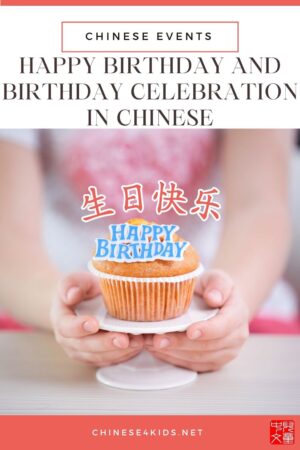
You May Also Like
You May Also Be Interested:
- Chinese4kids Membership – a portal for busy Chinese teachers and parents
- Chinese learning flashcards Hive – a flashcards library that with regular additions of new quality Chinese learning flashcards
- Chinese learning worksheets collection – Also a part of Chinese4kids membership, this collection is for teachers and parents who want to have access to engaging worksheets and activity sheets created for kids learning Mandarin Chinese as an additional language
- Speak Chinese with Kids Course
- Chinese Vocabulary Made Easy Course
Recent Posts
Join Our Membership
Enroll to A Course
Buy An eBOOK
Our Posts
